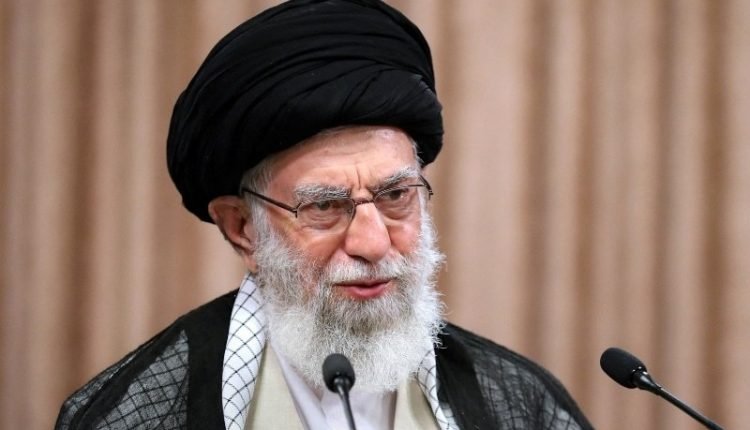Mudassir Rizwan
The recent decision by the United States to impose another set of sanctions targeting Pakistan’s ballistic missile program underscores a concerning trend in American foreign policy that neglects the intricate realities of South Asia’s geopolitical landscape. This latest round of sanctions marks the third in 2024 alone, and the seventh since November 2021, all justified under the premise that Pakistan’s missile development amounts to a ‘proliferation threat.’ In response, Pakistan’s Foreign Office has rightly condemned these actions as “biased,” cautioning against their potentially destabilizing ramifications for the region.
At the core of this issue lies a stark double standard inherent in U.S. policy. While the U.S. takes a hardline stance toward Pakistan’s defense capabilities, it conveniently overlooks the rapid expansion of India’s long-range ballistic missile arsenal. This inconsistency is particularly troubling given that Pakistan’s strategic capabilities are primarily intended as a deterrent, aimed at safeguarding peace and national sovereignty in a region historically dominated by instability. It is well known that India initiated the arms race in South Asia, compelling Pakistan to enhance its defense mechanisms to achieve a necessary balance of power.
The U.S. position appears largely influenced by its strategic partnership with India, which serves as a counterweight to China’s burgeoning influence in the region. This alliance conveniently disregards India’s own proliferation activities, which seldom face similar scrutiny or criticism. Instead, Pakistan bears the brunt of international sanctions that, while they may not directly impede its missile program, nonetheless convey a strategic pressure aimed at isolating Pakistan amid broader geopolitical calculations.
Experts suggest that these sanctions are part of a deliberate strategy to curb Chinese influence, particularly against the backdrop of Pakistan’s robust defense collaborations with China. Historically, these alliances have significantly enhanced Pakistan’s strategic capabilities. However, the U.S. perceives those ties as a direct challenge to India’s dominance. This perspective fails to recognize that Pakistan’s foreign policy aims for a balanced approach rather than outright allegiance to either of the great powers, namely the U.S. or China.
The economic ramifications of these sanctions further exacerbate the situation. Unlike India, which possesses considerable economic resilience, Pakistan’s financial stability is precarious. Pakistan is currently reliant on international financial institutions like the IMF to navigate its economic challenges, making the country particularly vulnerable to external pressures. While the sanctions might not directly derail Pakistan’s missile advancements, they pose a significant risk to an already weakened economy, fostering long-term challenges that could destabilize the region.
Moving forward, it is imperative to recalibrate U.S.-Pakistan relations. Islamabad must assert that its strategic capabilities are non-negotiable and immune to external coercion. In parallel, Pakistan should articulate that its partnerships with China and the U.S. are not mutually exclusive. China has consistently stood by Pakistan, providing crucial support in international arenas and vital assistance to its economic and defense sectors during pivotal moments in history. Expecting Pakistan to choose between its relations with Beijing and Washington is neither realistic nor just.
Pl, watch the video and subscribe to the channel.
For the U.S. to genuinely promote regional stability, it must abandon its selective approach to non-proliferation and constructive partnerships. A diplomatic path, rather than a punitive one, should guide U.S. policy towards Pakistan. Simultaneously, Pakistan must work diligently to enhance its economic autonomy to mitigate its vulnerabilities toward external pressures. Strengthening the economy will not only fortify Pakistan’s position against unwarranted sanctions but will also empower the nation to assert its sovereignty more effectively.
In conclusion, the current trajectory of U.S. sanctions against Pakistan highlights a significant misalignment in foreign policy that overlooks the region’s complex dynamics. A balanced, fair, and diplomatic approach must dominate the relationship between Islamabad and Washington, grounded in mutual respect. By fostering such a relationship, both nations could work towards greater understanding and cooperation in an era defined by strategic uncertainties and shifting alliances. Ultimately, respect and equilibrium should be at the heart of any successful U.S.-Pakistan partnership.
















